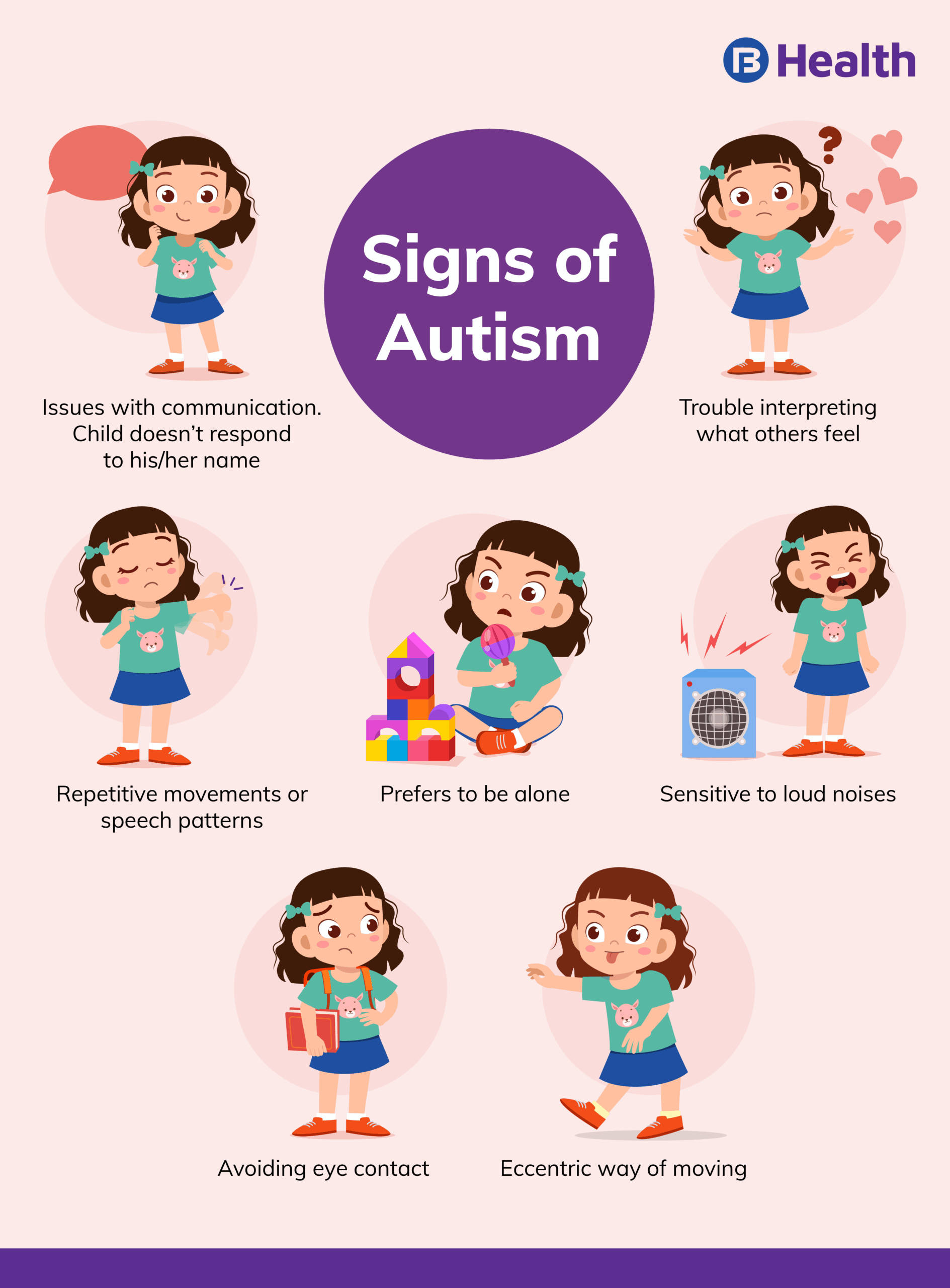In the contemporary landscape of societal understanding, the recognition and acceptance of neurodiversity have gained momentum, culminating in observances such as Autism Awareness Month. This period, designated annually in April, serves as a vital catalyst for discussion, dissemination of knowledge, and the promotion of an inclusive framework that respects and upholds the dignity of individuals on the autism spectrum. Within the Bahá’í teachings, the principles of education, unity, and the intrinsic value of every individual resonate profoundly, offering a framework through which we can deepen our understanding and appreciation of autism.
The Bahá’í Faith posits that humanity is a tapestry woven together by variegated threads of diversity, each contributing to the vibrancy and richness of the whole. This philosophy underscores the importance of embracing those who are different, including individuals with autism, and thereby fostering a culture of compassion and empathy. In the spirit of this observance, we must begin by cultivating awareness that transcends superficial understanding. It is imperative to approach autism not as a defect or deficiency but rather as a variation of the human experience that can illuminate unique perspectives and insights.
At the core of Bahá’í teachings lies the notion of the oneness of humanity. This principle invites us to transcend preconceived notions and stereotypes that often accompany discussions surrounding autism. As advocates for education and enlightenment, Bahá’ís are encouraged to engage in active listening and to seek out the narratives of individuals diagnosed with autism. By elevating these voices, we enrich our communal dialogue and foster an environment conducive to learning and growth.
Furthermore, it is crucial to acknowledge the societal structures that shape the lived experiences of those with autism. Discriminatory practices can exacerbate the challenges faced by individuals and their families. The guidance offered by Bahá’í teachings compels us to advocate for social justice, ensuring that all individuals have equitable access to opportunities for education and personal development. The Bahá’í community fervently supports initiatives that enhance awareness and promote understanding, encouraging a collective commitment to dismantling barriers faced by individuals on the spectrum.
Education emerges as a pivotal tenet within the Bahá’í framework, serving as an instrumental vehicle for fostering awareness and understanding. During Autism Awareness Month, educational institutions and community organizations are called to integrate curricula that encompass the nuances of autism. This might include workshops, seminars, and interactive experiences designed not only to inform but also to inspire a sense of curiosity regarding neurodiversity. By exploring diverse learning modalities, we afford students the opportunity to engage with the material in an authentic and meaningful manner.
In exploring the lived experiences of individuals with autism, we are reminded of the Bahá’í principle of the “sacredness of individual identity.” Each person, regardless of their neurocognitive differences, embodies gifts and talents that contribute to the collective experience of humanity. This perspective invites us to adopt an asset-based view of individuals with autism, emphasizing their strengths rather than fixating solely on challenges. Creating spaces where these individuals can thrive—be it in educational contexts, workplaces, or community settings—represents a profound commitment to inclusion and respect.
Moreover, the significance of parental engagement cannot be underestimated. Within the Bahá’í community, parents are viewed as the primary educators of their children, and this role extends to fostering a culture of understanding and acceptance regarding autism. Encouraging open dialogues within families about neurodiversity cultivates an environment where empathy and respect flourish, preparing children to engage with the world in a manner that champions inclusivity. This approach aligns with the Bahá’í emphasis on nurturing virtues such as compassion, justice, and love for all.
Ultimately, Bahá’í teachings expose us to the intricacies of the human condition, challenging us to transcend superficial interpretations of identity and to embrace the richness that diversity brings. Autism Awareness Month serves as a poignant reminder of the importance of education and outreach, prompting us to interrogate our societal norms and to seek a deeper understanding of autism. Cultivating this awareness is not merely an act of kindness; it is a moral imperative deeply embedded in the fabric of our shared humanity.
The culmination of our educational efforts should not shy away from celebrating authenticity. Public forums, art exhibits, and community discussions can spotlight the perspectives of individuals with autism, creating a tapestry of lived experiences that illuminate both shared struggles and triumphs. The Bahá’í belief in the significance of artistic expression as a means of fostering unity can serve as an avenue through which these stories can be told, ultimately fostering a broad-based appreciation for the various manifestations of human experience.
As we navigate Autism Awareness Month and beyond, let us remember that awareness is but the initial step on a broader journey of understanding. This journey nurtures not merely knowledge but ignites empathy within our hearts. In embracing these teachings, we commit not only to educating ourselves but to becoming advocates for those whose voices may otherwise remain unheard. Finally, let us exemplify the Bahá’í tenets of love, compassion, and unity by fostering a world where every individual, regardless of their neurological makeup, finds affirmation and acceptance.
